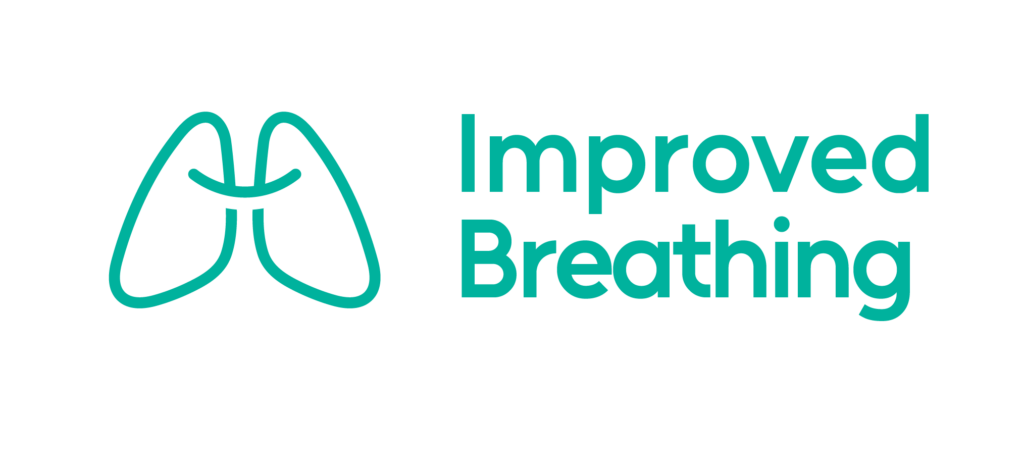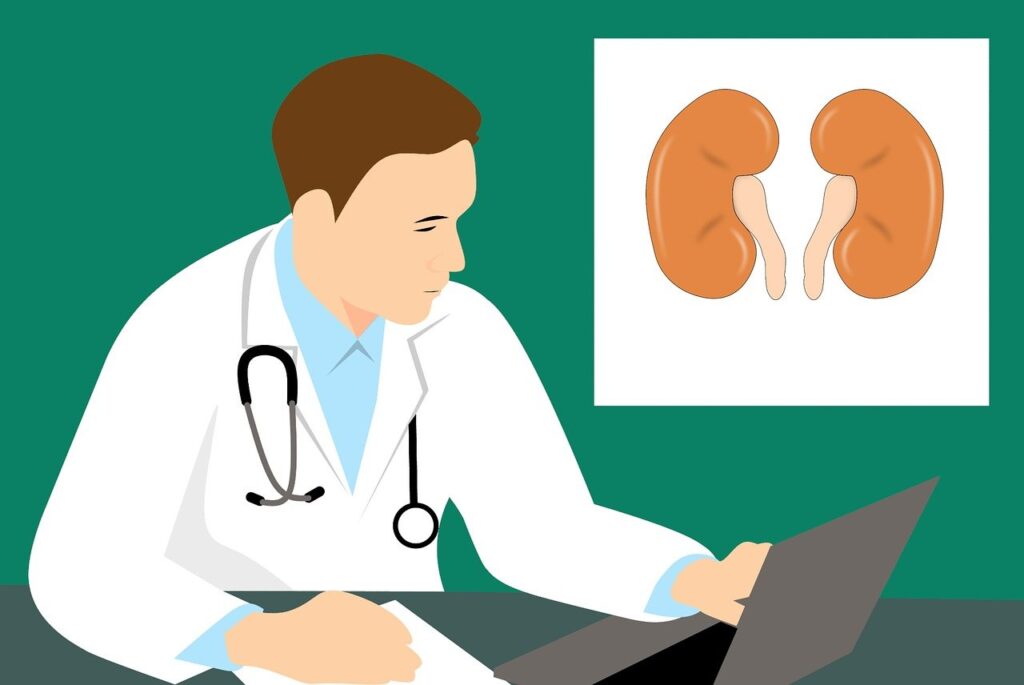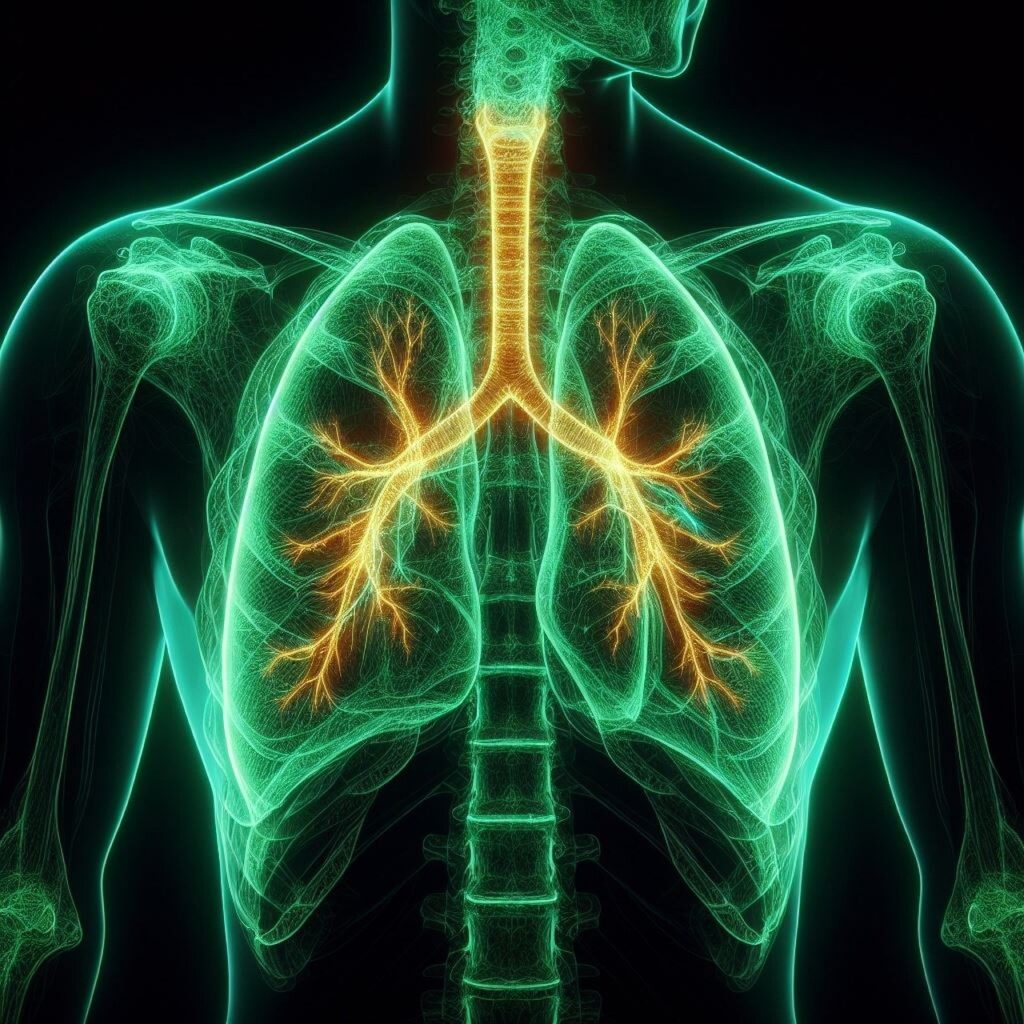Oxygen is vital for every organ in our body, including the kidneys. For people with chronic lung conditions like COPD or emphysema, understanding the relationship between oxygen levels and kidney health is crucial. Let’s explore how oxygen affects kidney function and why this matters for those with long-term lung issues.
How Oxygen Impacts Kidney Health
- Cellular energy production: Kidneys are highly metabolically active organs. They require a constant supply of oxygen to produce the energy needed for their various functions, including filtering blood and regulating blood pressure.
- Maintaining proper filtration: Adequate oxygen levels help ensure the kidneys can efficiently filter waste products and excess fluids from the blood.
- Preventing tissue damage: Chronic low oxygen levels (hypoxia) can lead to inflammation and oxidative stress in kidney tissues, potentially causing long-term damage.
The Challenge for Lung Patients
People with chronic lung conditions like COPD or emphysema often struggle to maintain healthy blood oxygen levels. This can have several consequences for kidney health:
- Increased workload: When oxygen levels are low, the kidneys may work harder to maintain proper blood pressure and fluid balance, potentially leading to fatigue and strain.
- Hormonal changes: Chronic hypoxia can trigger the release of hormones that affect kidney function, such as erythropoietin and renin. This may contribute to complications like anemia or hypertension.
- Increased risk of kidney disease: Studies have shown that individuals with COPD have a higher risk of developing chronic kidney disease (CKD) compared to the general population.
Protecting Your Kidneys
If you have a chronic lung condition, here are some steps to help maintain kidney health:
- Follow your oxygen therapy plan: Stick to your prescribed oxygen use to maintain adequate blood oxygen levels.
- Stay hydrated: Proper hydration helps your kidneys function optimally.
- Monitor your blood pressure: High blood pressure can damage both your lungs and kidneys over time.
- Eat a kidney-friendly diet: Focus on foods low in sodium and rich in antioxidants.
- Regular check-ups: Work with your healthcare team to monitor both your lung and kidney function.
Understanding the connection between oxygen and kidney health is essential for anyone with a chronic lung condition. By taking proactive steps to maintain healthy oxygen levels and overall well-being, you can help protect your kidneys and improve your quality of life.














